“And they lived happily ever after. The end.” “Again.” My poor father, bidden to read the story of the moment over and over again. Long after I could read perfectly well for myself, at bedtime I needed to hear his quiet monotone that never failed to send me to sleep, just as, though my taste in books was always adventurous, I had a narrow range of preferred stories at night, or if I was unwell.
When the shadows thrown by the lamp form themselves into monsters, familiar comforts are required. Alice in Wonderland was read until the words must surely have faded on the page, and if he missed a line I was on to it. When I began to read Ladybird books to my own children, the top choice was Chicken Licken and you know how boring that is, but for under-fives, repetition is all and they quickly learn the list of animals who went to tell the king that the sky was falling in — Chicken Licken, Henny Penny, Goosey Loosey, Foxy Loxy… oops: “You missed out Drakey Lakey.”
If you are a reader, the pleasures of returning to a familiar book never cease. When overtired, unwell, unhappy, then for diversion and solace, re-reading a well-loved book is as efficacious as medicine to soothe and restore.
You don’t have to be ill or stressed to enjoy the benefits, nor does the book have to be great literature, it just has to be therapeutic. My elder daughter was often ill and her go-to favorite a true story called A Girl, a Horse and a Dog. It was, she says now, “what I read.” When I was in hospital for weeks at a time, I read new books, though more slowly and with less concentration than usual, but when I could not cope I turned to Nancy Mitford’s The Pursuit of Love. It never failed me.
I read dozens of new books a year but want to re-read few, not because they are bad but because of my own age. Yes, one needs the stimulus of the new. The love of learning continues through the longest life; the excitement of discovering a new writing voice which impresses, startles, enriches
is one of the thrills of growing old.
Hundreds of novels still await me — there is still so much to understand. I am working hard to get to grips with the basics (operative word) of quantum physics and engineering and I try to read some Latin every day, because I love it, as well as to keep my brain sharp. I tried enthusiastically to study Greek, only to discover that while learning a whole new language at the age of eighty-three is one thing, a whole new alphabet is something else again.
One reads a book at twenty and it speaks or it doesn’t, but re-read it sixty years later and it has become a different book, even if you think you remember it well. Well, of course it hasn’t, it is you who are different. I simply did not understand Crime and Punishment or Middlemarch when I first encountered them, except on the most straightforward level. I was too young, I had no life experience to bring to my reading or to see the subtleties, the layers of meaning, the human ironies.
I did enjoy them or else I would have abandoned them, but enjoyment is only part of the point. I have re-read both in the past year and in some strange way, they have changed me, as all masterpieces can. I read most of Thomas Hardy’s novels as a very young woman and, re-reading several lately, I found that the best are so much better, in deeper ways than I could have understood then, while the less good have remained the same. I did not appreciate Henry James at all, except for The Turn of the Screw, until the past ten years or so. Now there’s a novelist for grown-ups. The message would seem to be, if you didn’t get on with it when you were a young reader, try again later. If you still don’t, you probably never will.
It’s the same story with art. I could not possibly have appreciated until my fifties at least the painting that now speaks to me more than any other: Masaccio’s overwhelming The Expulsion from the Garden of Eden. The opposite can apply, mind. I wallowed in King Lear at eighteen but I couldn’t go through it again now and anyway, I would always rather read a play than see it performed, when you often miss the best lines.
I will re-watch my favorite films — Casablanca, The Third Man, Gosford Park. You don’t need any others, though I sometimes think that if you have Wallace and Gromit’s The Wrong Trousers, you never need to see any other film again.
This article was originally published in The Spectator’s UK magazine. Subscribe to the World edition here.



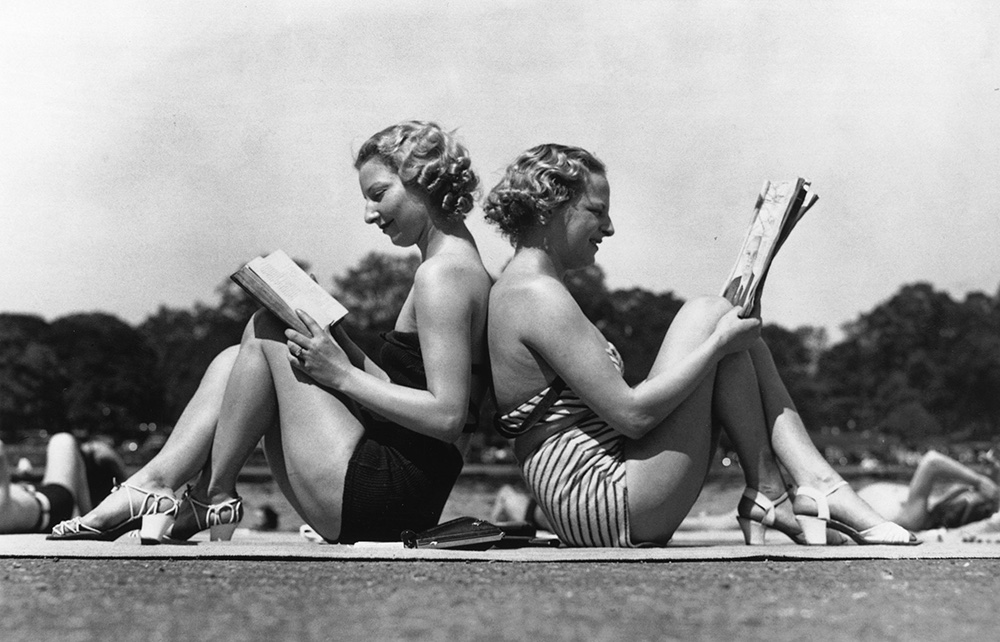









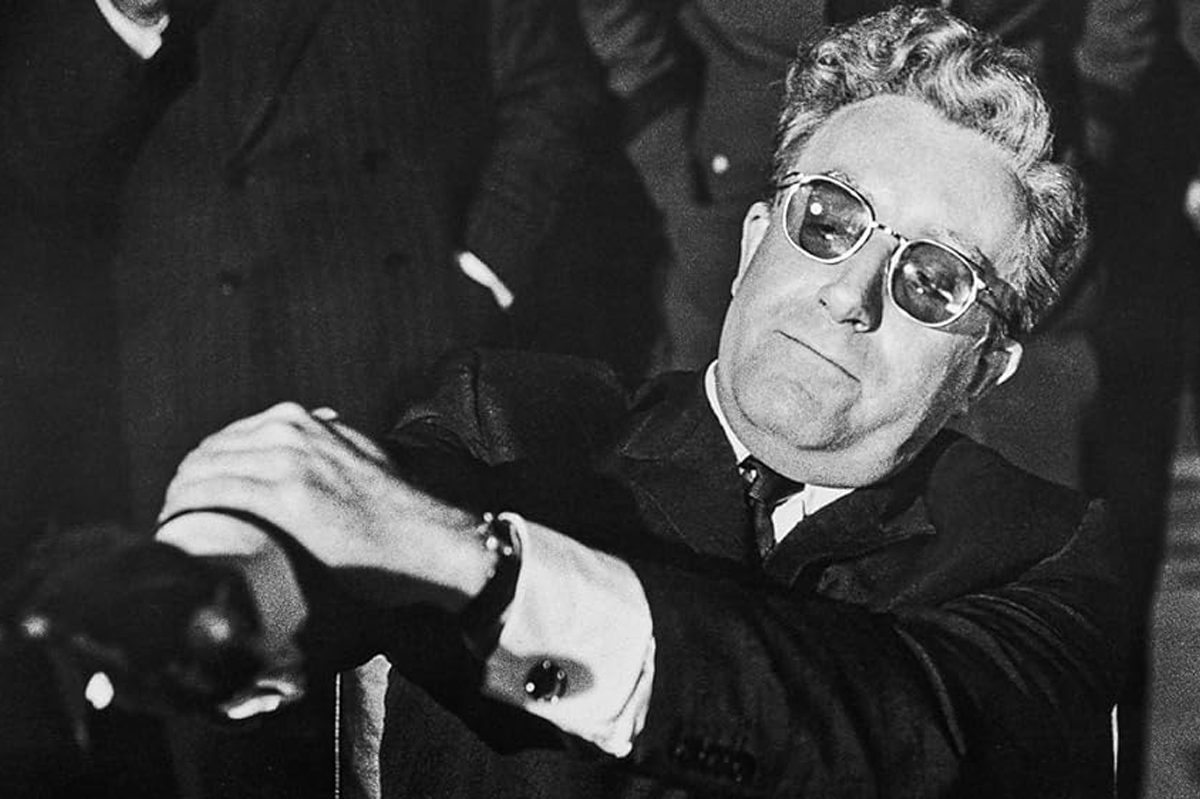
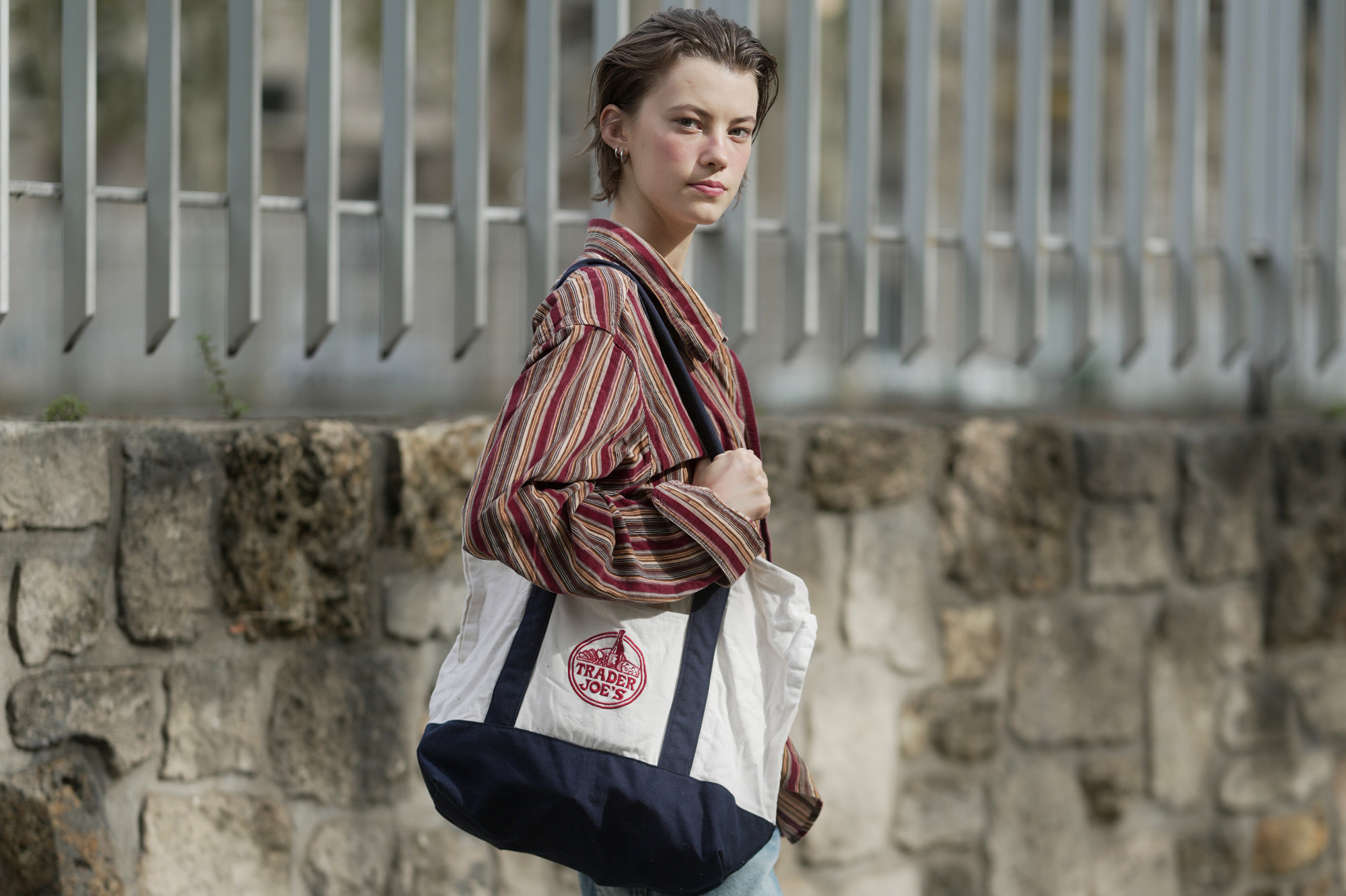


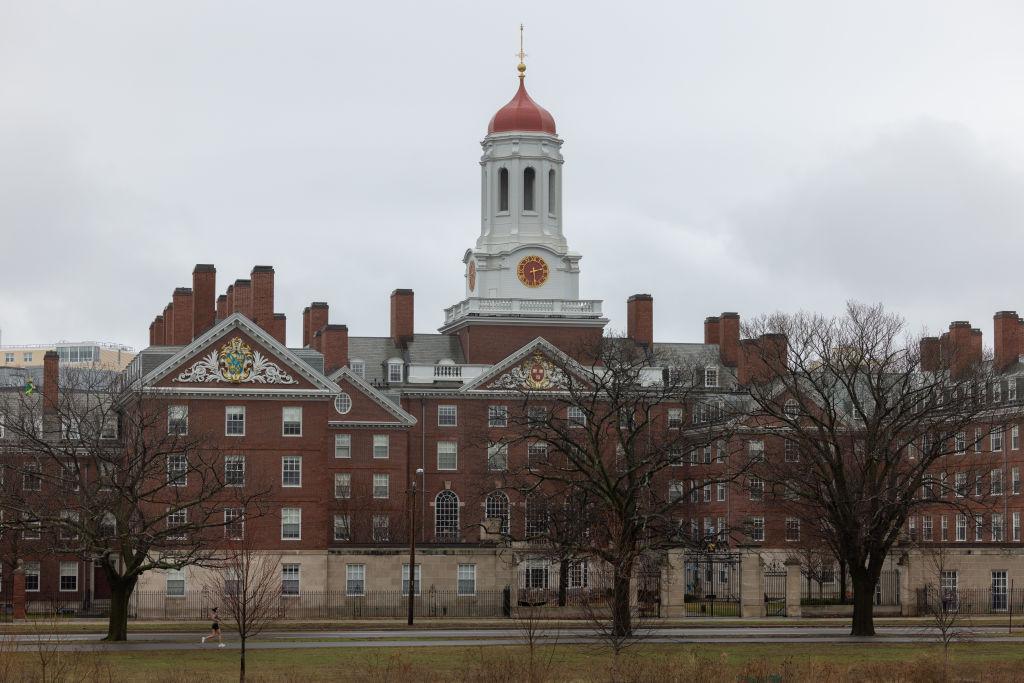
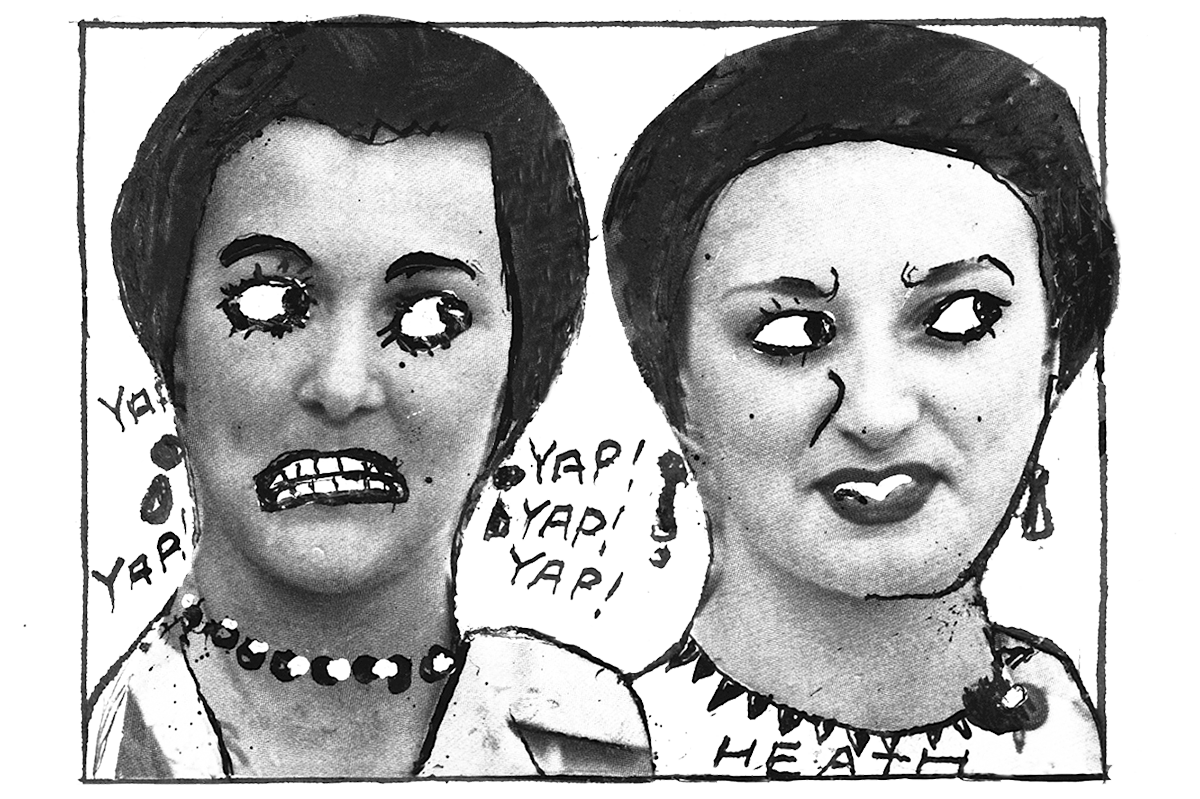







Leave a Reply